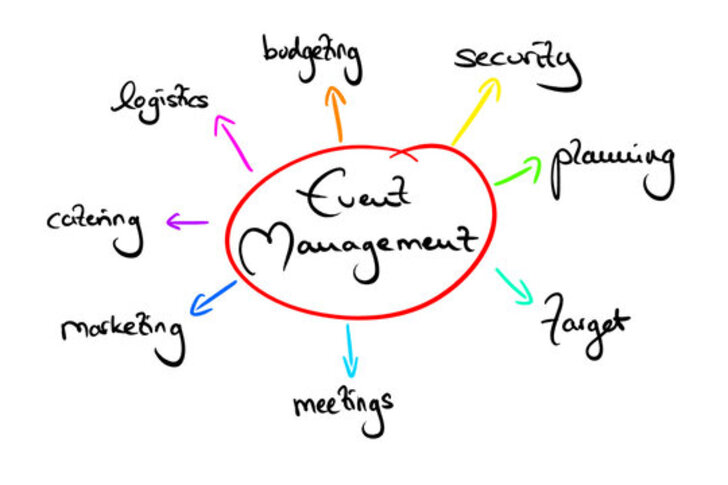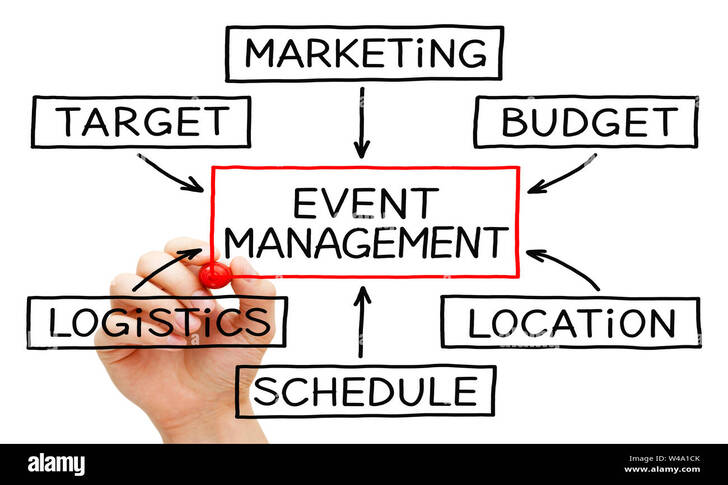Mastering the Art of Event Planning and Hosting
Event planning and hosting require a blend of creativity, organization, and attention to detail. Whether it’s a small gathering or a large-scale event, careful planning and execution are crucial to ensure a memorable experience for all attendees. From choosing the right venue to coordinating logistics, every aspect plays a vital role in the success of the event.
1Post-Event Evaluation and Follow-Up
0 votes

Evaluating the success of your event and conducting follow-up activities are essential for continuous improvement. This involves analyzing feedback from attendees, team members, and stakeholders to identify strengths and areas for improvement. Key performance indicators such as attendance numbers, engagement levels, and financial outcomes can provide a clear picture of the event’s success. Following up with attendees through thank-you messages, surveys, and future event announcements can help maintain engagement and build lasting relationships. Documenting lessons learned and best practices can also guide the planning of future events. Post-event evaluation and follow-up ensure that each event becomes a stepping stone towards greater success.
0
Do you agree? 0% of people agree with your point of view!
2Ensuring Excellent Guest Experience
0 votes

The guest experience is at the heart of any successful event. Ensuring that attendees feel welcomed, engaged, and satisfied is crucial. This involves thoughtful planning of every touchpoint, from registration and arrival to the event activities and departure. Providing clear signage, helpful staff, and comfortable amenities can enhance the overall experience. Interactive elements such as workshops, networking opportunities, and entertainment can also keep guests engaged and entertained. Gathering feedback through surveys and direct interactions can provide valuable insights for future improvements. By prioritizing the guest experience, you can create memorable and impactful events that leave a lasting impression.
0
Do you agree? 0% of people agree with your point of view!
3Effective Marketing and Promotion
0 votes

Marketing and promotion are essential to attract attendees and generate excitement for your event. Developing a strategic marketing plan that includes both online and offline tactics can help reach a wider audience. Social media platforms, email campaigns, and event websites are powerful tools for promoting your event and engaging with potential attendees. Collaborating with influencers, sponsors, and media outlets can also boost visibility and credibility. Creating compelling content, such as videos, graphics, and blog posts, can help convey the event’s value and encourage registrations. Effective marketing and promotion efforts are key to ensuring a successful and well-attended event.
0
Do you agree? 0% of people agree with your point of view!
4Coordinating Logistics and Operations
0 votes

Coordinating the logistics and operations of an event involves managing various elements such as transportation, accommodation, catering, and audiovisual equipment. Detailed planning and coordination are essential to ensure that all logistical aspects are handled efficiently. Creating a timeline and checklist for setup, execution, and breakdown can help keep everything on track. It’s also important to establish clear communication channels with vendors and suppliers to address any issues promptly. By focusing on logistics and operations, you can ensure a smooth and seamless event experience for all attendees.
0
Do you agree? 0% of people agree with your point of view!
5Crafting a Detailed Event Plan
0 votes

A comprehensive event plan serves as the blueprint for your event, outlining every detail from start to finish. This includes defining the event’s purpose, setting goals, and creating a timeline for tasks. An effective event plan should cover aspects such as budgeting, marketing, logistics, and contingency plans. Establishing clear roles and responsibilities for team members ensures that everyone knows what is expected of them. Additionally, regular meetings and updates can help keep the planning process on track. By crafting a detailed event plan, you can ensure that all elements are well-coordinated, minimizing potential issues and maximizing the event’s success.
0
Do you agree? 0% of people agree with your point of view!
6Choosing the Perfect Venue
0 votes

Selecting the right venue is one of the most critical aspects of event planning. The venue sets the tone for the event and can greatly impact the overall experience of the attendees. Factors to consider include the location, size, amenities, and ambiance of the venue. It’s important to choose a venue that aligns with the event’s theme and objectives. Accessibility and convenience for guests are also crucial. Additionally, considering the venue’s layout and facilities can help in planning the logistics and ensuring that everything runs smoothly. Taking the time to visit potential venues and ask detailed questions can make a significant difference in the success of your event.
0
Do you agree? 0% of people agree with your point of view!







Recent Comments